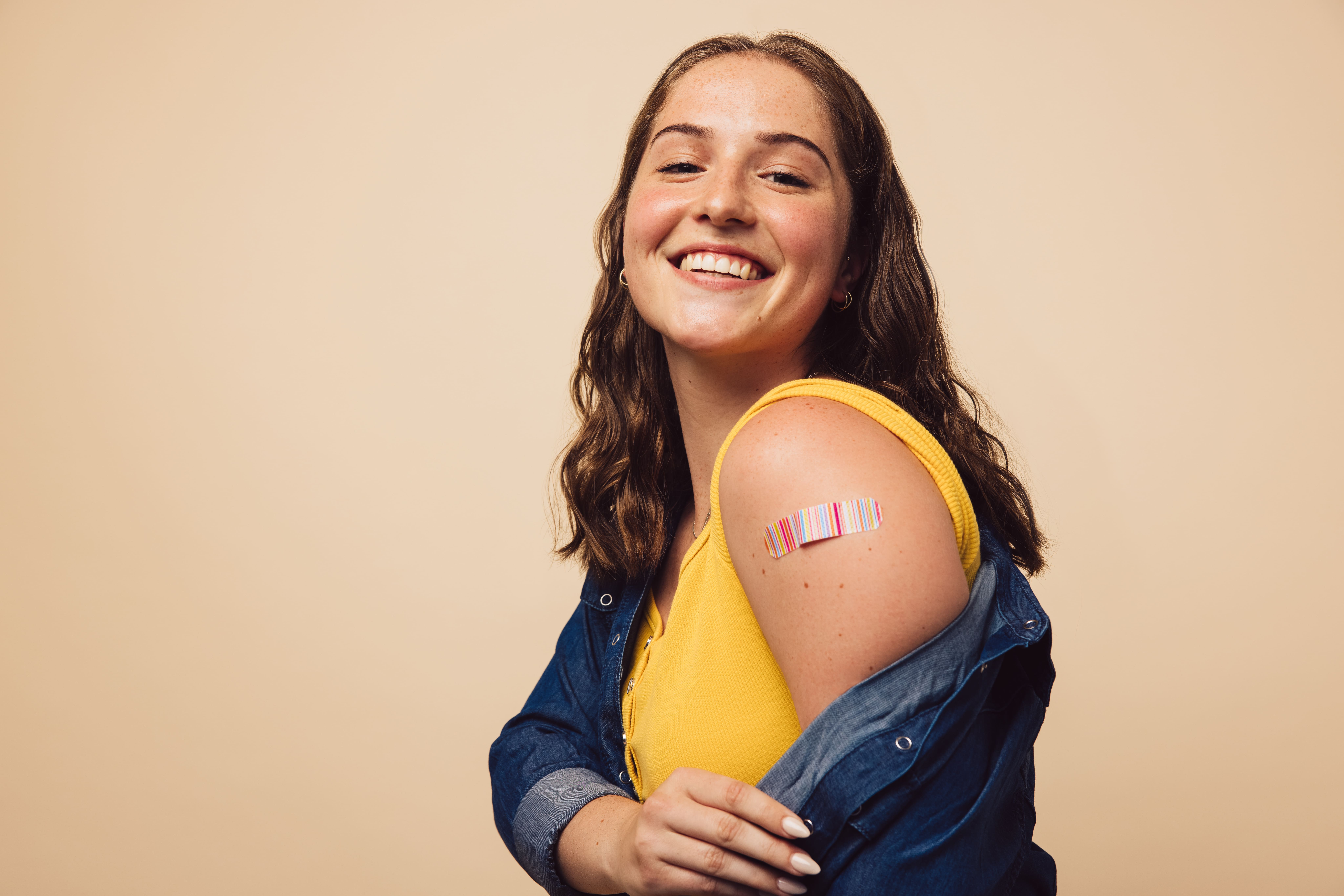As the Australian winter approaches so too does another COVID wave. We catch up with the ABC’s Dr Norman Swan for the latest on COVID prevention and management in 2023.
Why is no one talking about COVID?
Even if COVID is no longer dominating the news, the fact is, COVID is kicking off again. Just as Australians face a challenging winter of competing respiratory illnesses following a longer than usual influenza outbreak in the northern hemisphere. “Despite the fact that many politicians and governments would like to think it’s over, unfortunately it’s not,” Dr Swan says. “And right at this moment, we’re going through another wave with a growing number of cases.”
You’ve heard it before but vaccination is the only way to make it safely through this wave. “The problem here is that too many Australians are not fully immunised,” Dr Swan says. “About 5 million Australians haven’t had their third doses, which means a lot of people are under-immunised.”
Who can get a COVID booster?
Whichever vaccination you had, efficacy wanes with time. Which is why boosters are more important than ever to prevent likelihood of COVID infection developing into severe disease this winter.
“Severe disease is a real problem, and if you’re under-immunised, you’re at risk of severe disease because the people who are in hospital are disproportionately those who are under-vaccinated or unvaccinated,” Dr Swan says.
More people with severe COVID means more people in hospital which puts our increasingly strained healthcare system under even more pressure. And that’s bad news for everyone who needs any kind of contact with the health system from GPs and ambulances to surgeries and appointments at outpatient clinics.
“The problem with that is that when you look at the people who are in hospital with severe COVID disease, if you just take the state of New South Wales, it’ the equivalent of one major teaching hospital full of patients with Covid, and that applies to Victoria and other states as well,” Dr Swan says.
So if you’ve already had COVID and don’t think it was such a big deal, consider getting a winter booster to protect our hospitals and healthcare workers who are already struggling to cope with surging demand.
Do I need a COVID booster?
With so much COVID circulating in the community, immunisation is still the answer to reducing your risk of serious illness or death from COVID-19.
“The rule is, if you haven’t had COVID or haven’t had a vaccine for six months, you are due for a booster,” Dr Swan says. “And if possible, get the latest bivalent vaccine.”
According to the Australian Government Department of Health and Aged Care, “All vaccines are approved for use in Australia and continue to provide very strong protection against serious illness from COVID-19, however, Omicron-specific bivalent vaccines are preferred for boosters”.
They especially recommend boosters for “everyone 65 years and over” and “everyone 18 years and over with medical comorbidities, disability or complex health needs”.
Who can get COVID-19 antivirals in Australia?
While vaccines continue to be effective at reducing risk of severe disease and death, transmission still occurs, even in highly vaccinated populations. So it’s worth knowing about improved access to antiviral medications this year.
“The other good news with COVID at the moment is that the eligibility criteria for antiviral medications, which help to prevent severe disease, has widened,” Dr Swan says. “So now you just need to be 60 years or over with one risk factor [to get access]. And that adds to the previous eligibility criteria, which include being over 70; being over 50 with two risk factors; being over 30 in an Aboriginal and Torres Strait Islander person with one risk factor; or over 18 and immunocompromised.”
Antivirals are most effective when taken within the first five days of infection so it’s worth finding out ahead of time whether your eligible and how to arrange access should you need them.
“This is something that’s important to discuss with your GP,” Dr Swan says.
Can I get flu and COVID-19 vaccines at the same time?
Absolutely, says Dr Swan: “Don’t forget that the flu season is upon us, and you can have your COVID-19 booster at the same time as your flu shot.”
Both vaccines are available now from GPs and community pharmacies so find out if you’re eligible for both and book in.
Do children need a COVID-19 booster?
The Australian Government Department of Health and Aged Care says, “Children and young people aged 5 to 17 years can get a booster dose if: they have a health condition that put them at risk of severe illness, and if it’s been 6 months since their last dose or COVID-19 infection.”
Sources:
https://www.health.gov.au/our-work/covid-19-vaccines/getting-your-vaccination/booster-doses


